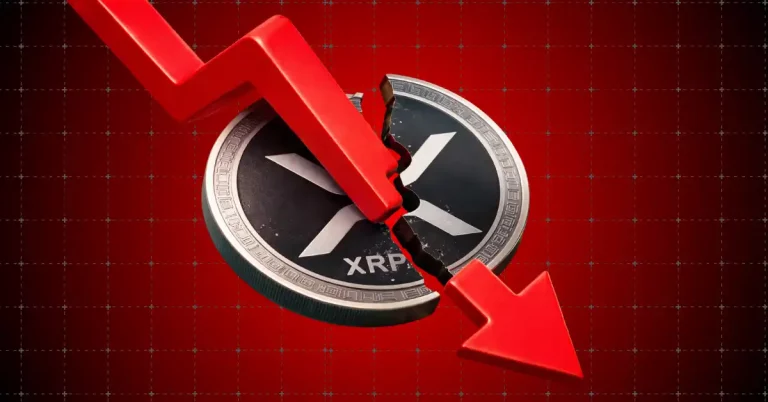France Puts the EU Crypto Passporting Law to the Test
In the world of rapidly evolving cryptocurrency regulations, a new controversy has emerged as France raises its voice against the European Union’s recently implemented Markets in Crypto-Assets Regulation (MiCA). The French securities regulator, Autorité des Marchés Financiers (AMF), is considering harsher measures to restrict crypto firms operating in France under licenses issued by other EU member states, a practice known as ‘passporting.’
What is Crypto Passporting?
The passporting mechanism under MiCA was designed to harmonize cryptocurrency regulations across the EU, enabling crypto companies authorized in one member state to operate across the entire 27-nation bloc. This provides businesses with greater access to European markets without needing local authorizations in every single country.
However, France’s recent pushback has raised concerns about potential loopholes. According to Reuters, the AMF argues that some crypto entities may be exploiting less stringent licensing frameworks in certain EU nations. This directly challenges the principle of regulatory unity under MiCA.
The Debate: Feasibility vs. Legal Complexity
The AMF’s stance has sparked debates among industry experts and legal analysts. On the one hand, some argue that blocking passporting is technically feasible, albeit legally complex. Marina Markezic, executive director of the European Crypto Initiative (EUCI), stated, “MiCA was designed to create one harmonized framework. Blocking passporting is possible, but it raises significant legal complications.”
Other experts believe the AMF’s threat holds little water within the MiCA framework. Edwin Mata, a legal expert and CEO of Brickken, explained, “The AMF cannot unilaterally block a MiCA-licensed entity operating in France. It can only monitor and report compliance concerns to the European Securities and Markets Authority (ESMA).” Essentially, such a move would require legislative changes to MiCA, reopening complex and unpredictable political negotiations.
Is This a Warning for Crypto Firms?
Rather than outright action, many analysts believe France’s statements serve as a signal to crypto companies to tread carefully. Regulators appear determined to scrutinize whether firms are misclassifying financial instruments under the lighter MiCA regulatory structure rather than adhering to the stricter requirements of the Markets in Financial Instruments Directive II (MiFID II).
France, along with Austria and Italy, has called for ESMA to oversee major crypto firms directly, rather than leaving enforcement to individual member states. Whether these recommendations will push the EU towards centralized oversight remains to be seen.
Why It Matters for the Crypto Industry
This brewing tension underscores the larger question of how Europe intends to standardize cryptocurrency oversight while respecting national regulatory priorities. Any legal uncertainties or disagreements over MiCA’s implementation could delay market growth and innovation. Additionally, crypto firms looking to operate in multiple countries may face higher compliance costs and reduced access to key markets.
A Solution for Your Crypto Asset Security
For crypto enthusiasts and investors navigating an uncertain regulatory landscape, securing your assets is more important than ever. Products like the Ledger Nano X, a hardware wallet for safe cryptocurrency storage, offer a reliable way to protect your holdings from potential threats. Its advanced security features and user-friendly design make it a must-have for anyone active in the crypto space.
Final Thoughts
France’s scrutiny of MiCA’s passporting mechanism highlights the challenges of unifying cryptocurrency regulation across the EU’s diverse regulatory landscape. While the intent is to streamline processes and boost cross-border efficiency, discrepancies among member states could slow progress. As the cryptocurrency sector grows, clarity and collaboration among nations will become critical for fostering innovation and ensuring compliance.



